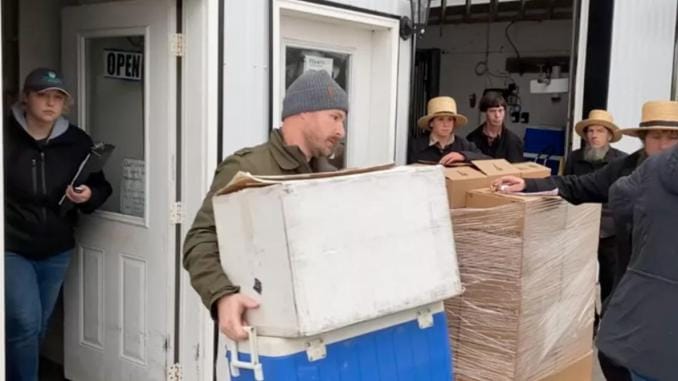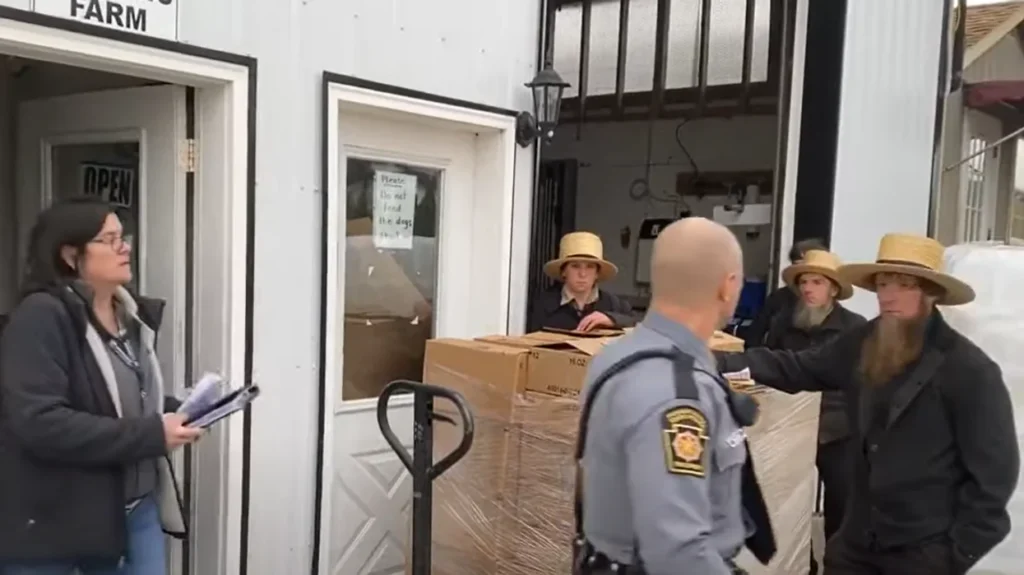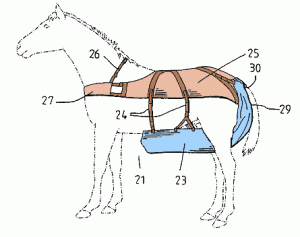
Amish are losing milk cows due to loose plastic.
When a cow eats plastic, it can lead to serious health problems. Here’s what typically happens:
- Blockage in the Digestive System: Plastic is not biodegradable, so it accumulates in the cow’s stomachs (cows have a complex stomach system with four compartments). This can cause blockages, preventing the proper digestion of food and absorption of nutrients.
- Indigestion and Reduced Appetite: The accumulation of plastic can make the cow feel full, which reduces its appetite and leads to malnutrition.
- Toxic Effects: Some plastics contain toxic substances that can leach into the animal’s system. These chemicals can cause organ damage, hormonal imbalances, and other long-term health issues.
- Internal Injuries: Sharp pieces of plastic can puncture or damage the lining of the stomach or intestines, leading to internal injuries or infections.
- Bloat and Gas Buildup: Cows rely on fermentation in their rumen to digest food. When plastic obstructs this process, it can lead to a buildup of gas, which can cause painful and potentially fatal bloat.
- Death: In severe cases, the ingestion of plastic can lead to death, either due to starvation, severe internal damage, or toxic exposure.
Prevention and proper waste management practices, like keeping pastures and feeding areas free of plastic waste, are crucial to protecting livestock from these dangers.
Here is a good article that discusses the severe consequences of plastic ingestion in cattle, a problem often overlooked and difficult to diagnose. Plastic can block the digestive system, leading to symptoms like diarrhea, bloating, and eventually death. Diagnosis is challenging, and many cases go undetected or misattributed to other diseases. Prevention measures include diligent removal of plastic from grazing areas. Unlike diseases, no vaccine or specific treatment exists, making proactive management essential. Owners may never know the true cause of unexplained cattle deaths due to plastic ingestion.:
https://www.texaslonghorn.com/longhorn_info/management_tips/index.cfm?con=plastic








